clarkservin's blog
An abscess is a patch of pus that may form an infection around your tooth. Anyone can get this, from children to the elderly. If you have one, you should visit emergency dental care near me for proper treatment. If left untreated, the infection may spread beyond your jaw to the neck or the head.
What Causes It?
Your tooth is hard from the outside, but inside they are filled with pulp, which is made of nerves, connective tissue, and blood vessels. Sometimes it gets infected due to some reason, such as:
- A deep cavity that penetrates your innermost tooth or tooth decay
- Gum disease, such as periodontal disease
- A cracked tooth, or knocked tooth
If you dont visitNearest Dentist Office, the bacteria kill your pulp and leads to an abscess. There are two types:
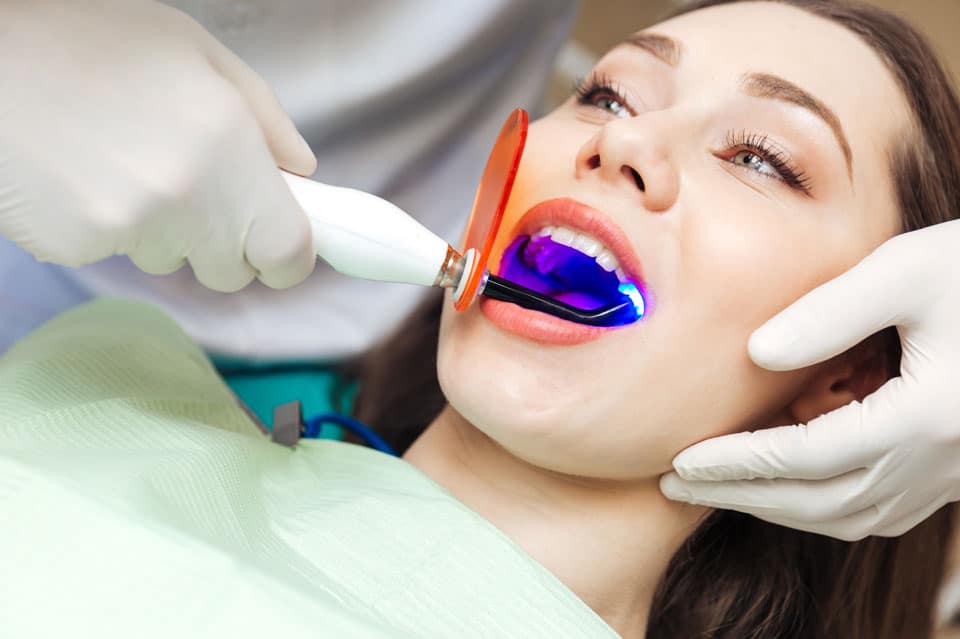
- A periapical abscess forms a tip of your tooth's root.
- A periodontal abscess affects surrounded bone and gums near the infection.
- You can get more than one abscess. Or one abscess may travel to the bone and show up in several spots.
You're more likely to have these issues if you don't have proper dental practices, such as bruising and flushing at least twice a day. Also, you should visit your dentist at least twice a year for routine checkups and limit your sugar consumption in food and drink.
What Are the Signs of an Abscessed Tooth?
Sometimes, the area around your tooth hurts but not always. If it does, this is the time to visit Nearest Dental Clinic urgently. Because your infection may spread to your jaw or the other parts of your face on the affected side. Here are some Signs Of Abscess Tooth you might notice:
- Swelling and Bad taste
- Gum redness
- Fever
- Swollen lymph nodes
- Trouble breathing or swallowing
- Sensitivity to hot or cold temperatures
- Puffy gums around your mouth
- A foul odor or like when you chew with that tooth
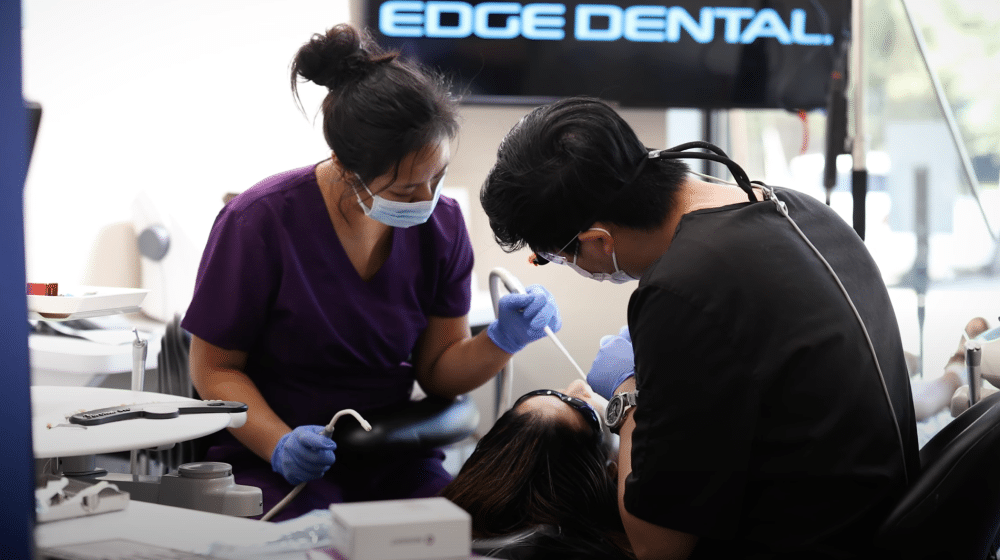
An abscess can sometimes cause a pimple-like structure on your gums if you press it and it oozes out. Suppose you have swelling around your gums and continuous fever or have trouble breathing and swallowing. In that case, you should contact Dentist Energy Corridor urgently because this infection may spread to other parts of your body.
How Is an Abscessed Tooth Diagnosed?
To find out if you are suffering from an abscessed tooth, generally, your dentist will,
- Drum on your teeth, If you have an abscess or pus pocket, it'll hurt you when they touch the affected tooth.
- They will digitally scan and take an X-ray to know the condition of your tooth because if you have an abscess and if it's started spreading to other parts of your mouth.
An abscessed tooth or infection won't go away on its own. Contact Emergency Dental 77082 right away if you have symptoms.
Article Source : https://www.hugotips.com/what-is-an-abscessed-tooth/
A tooth infection may happen when bacteria interact with the soft or nerve tissue of the tooth, called the pulp. This can occur because of tooth decay, chipped tooth, injury, or previous dental treatment. While rare, a tooth infection can kill you. If untreated, an infection may spread to other body parts within weeks or months, leading to life-threatening complications. If you find any such dental issue, you can visit your dentist for Dental Abscesses Treatment.
Can a tooth infection kill you?A tooth infection may occur when bacteria react with your tooth’s core, which contains a soft pulp. As the infection responds, a pocket of pus starts building around the tooth. This is known as an abscess.
Due to advancements in medicine and dentistry, deaths from tooth infection and disease are infrequent. However, it is essential to seek your Emergency Dentist Near Me for any dental issues.

When left untreated, a tooth infection may spread to other areas of the body, such as the neck and brain, leading to severe and potentially life-threatening complications, including sepsis, cavernous sinus thrombosis, and many more.
How much time did it take a tooth infection to cause death?The amount of time tooth infection takes to cause death may vary from person to person. And here are a few factors as follows:
Development of abscessFrom tooth decay to abscesses, it takes several months for development because tooth decay takes a while to reach the core of the teeth and damages the pulp. But, any injury or trauma to a tooth may allow the bacteria and fasten the process. Suppose you feel any development of cavities or holes in your tooth enamel. In that case, you should immediately visit your Dentist 77079for Tooth Infection Treatment.
After the development of an abscessThe abscess Once forms, you typically start experiencing swelling intermittently and unbearable pain around the diseased tooth. This may be a warning sign that something is wrong with your mouth, and you’ll probably have pain in your tooth or gumline. Severe illness or death from tooth infections are persistent toothaches that may go on for weeks or months before seeing a dentist.
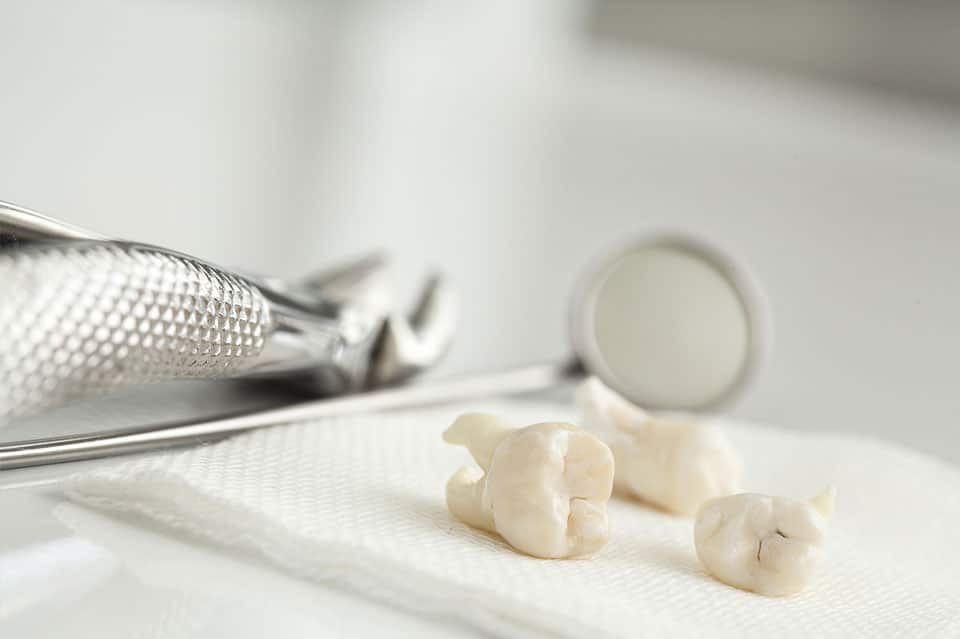
In many cases, tooth problems were treated with antibiotics. However, antibodies alone are not typically as effective for treating a dental abscess. Dentist 77433 treats tooth decay either with tooth extraction or with root canal treatment (RCT); the tooth is savable. If left untreated, a dental abscess for weeks or months may spread to the neck, head, and many more. Due to this, some serious problems may arise, like swallowing, difficulty during breathing, and an inability to rotate your mouth. At this time, if you don’t visit your dentist, death may occur in some months.
What are the complications from an abscess?Several risk factors potentially increase your chances of having severity and complications from a dental abscess, including:
- Older ages and having diabetes
- Being immunocompromised, your immune systems stop working correctly in this type of complication, so your tooth may get infected easily.
- Suppose you are Experiencing malnourishment due to less intake of nutrients and vitamins. In that case, your body tissues are weak and more susceptible to infection or dental diseases.
Article Source : https://www.ihealthytips.com/can-infection-in-a-tooth-cause-death/
Tooth cavity knocked teeth, and gum diseases are among the most common dental emergencies. Emergency Dentist recommend good dental practices such as bruising and flossing at least twice daily and visit your dentist for a routine checkup twice a year. Prevention with good dental care is one of the best ways to save your teeth and gums, knowing when what to do when an emergency strikes. Here are some most common dental emergencies:
Toothache
Pain and swelling around your gums and teeth is never a good sign; it may indicate several conditions in your oral health, including tooth decay. At the same time, most toothaches are treatable without emergency treatment but certain like swelling and immense pain around the tooth and gums need urgent attention from a dentist. Sometimes, your dentist will prescribe some standard medicine and painkiller for minor swelling and pain, or you can gently use a cold compress on your cheeks. You should visit Emergency Dentist Near Me for your perfect and healthy smile.

Chipped or broken teeth
If you bite down something with good intensity, it can unbearable pain. To reduce pain and swelling, rinse your mouth with warm water and apply a cold compress to your broken or knocked tooth site. While seeking emergency dental care, your dentist will suggest you be aware of biting down on stiff and tight food items and during sports and other activities that may break or chip your teeth.
Knocked-out tooth
You should be aware of the chipped or knocked teeth while eating some hard food and rinse your mouth with water. Depending on your situation, Memorial Dentist Houston may advise you of a crown or other restoration procedure. The sooner you can do this, the better your chances of saving a knocked-out tooth.
Lost filling or crown
Crowns and fillings restore previously damaged teeth back to natural appearance and function. But suppose your restoration appliances are damaged again. In that case, you need to get treated right away to avoid further damage and reinfection. Urgently you should fix it with yourCity Center Dentists and ask them to reapply a new crown.

Broken orthodontics
Braces are a combination of wire and bracket. They are designed to withstand daily wear-and-tear chewing, eating, and even talking. But if they stick out and poke your cheek or tongue. The discomfort while wearing slows down the alignment and straightening process. When this happens, you start trying and pushing the broken wire in a more comfortable position, but this isn’t possible. You should immediately visit Memorial Dental Houston for problem resolution. Meanwhile, you should cover the exposed area with orthodontist wax and a cotton ball. No matter how much wire irritates you, do not cut the wire for a bit of relief.
Bleeding and pain after a tooth extraction
It’s normal to experience some pain and bleeding after tooth extraction. Still, if these happen after a few hours, it’s time to call Memorial Dental Houston. In the meantime, you should place cotton gauze on the extraction site and apply some pressure by biting down the gauze. Restricting yourself from rinsing, eating, and drinking would be best until the extraction site stops bleeding.
Article Source : https://www.gohealthtips.com/what-are-the-most-common-dental-emergencies/
Dental crowns, same as other dental procedures, have their risks. When your Dentist 77084 inserts a dental in your mouth, they will tell you possible dangers and threats to making treatment straightforward. Your dentist will recommend how you'll minimize the risks. Here are some common problems with dental crowns.
Preparation Complications
Before your dentist places a crown over the tooth, they have to prepare it for a perfect fit for the tooth. The preparation involves removing tooth enamel and the uppermost layer of your tooth. Dentist 77084 has to do this, so your crown tooth does not look more prominent. However, some complications may arise when your dentist trims your tooth enamel. This complication includes:
Sensitivity - when your dentists trim your tooth enamel after the preparation. The thin enamel layer increases the risk of tooth sensitivity, cold food, and drinking items.
Nerve Damage - filing teeth layers may damage its internal core tissues, which may contain pulp and blood veins.
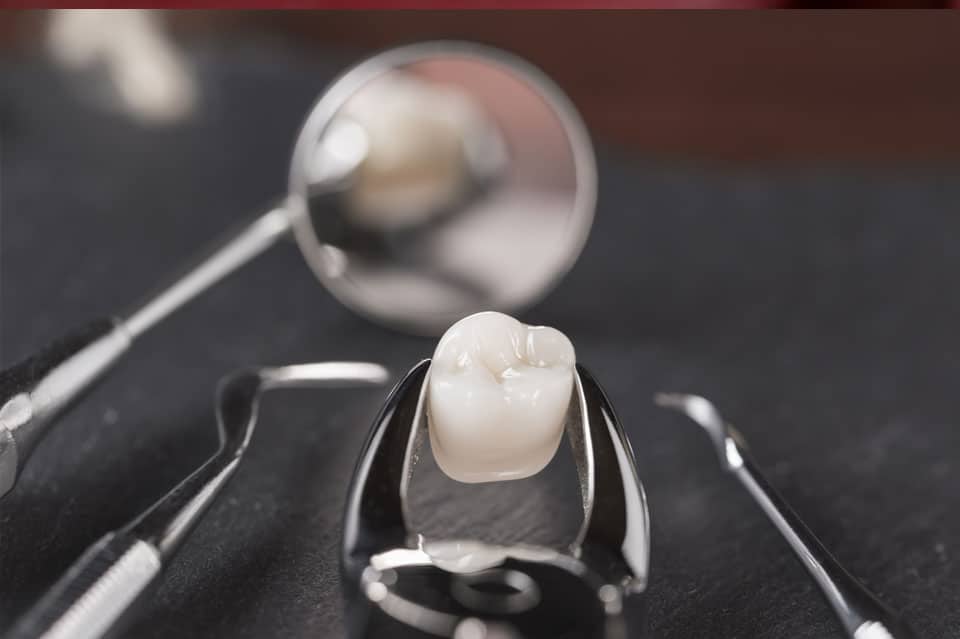
Punctured tooth surface- if your teeth are wark, the preparation may damage the remaining surface of your tooth surface. And it makes the tooth susceptible to infection and dental issues.
The damages may arise because your teeth are weak, and the dentist might not notice them before the procedure. Most people don't feel this issue, but a few do, so you should visit an authentic and experienced City Center Dental Clinic.
Crown Damage or DetachmentNot only with treatment, but there are also a few potential complications. Your dental crown may experience damage from your teeth themselves. Moreover, an accidental blow to your mouth is sometimes due to a sports injury, fracture, or chip. Detachment is particularly possible with temporary crowns if you treat them harshly. However, sometimes your crown may detach too if you eat sticky food, gums, or extra hard food.
Bite Issues
Metal crowns are relatively thin but have some thickness that may increase the cross-section area or stretch the metal to an extended height. This may lead to removing some of the tooth enamel. This often results in sharp and immeasurable pain for your crowned tooth every time you bite down or eat something.
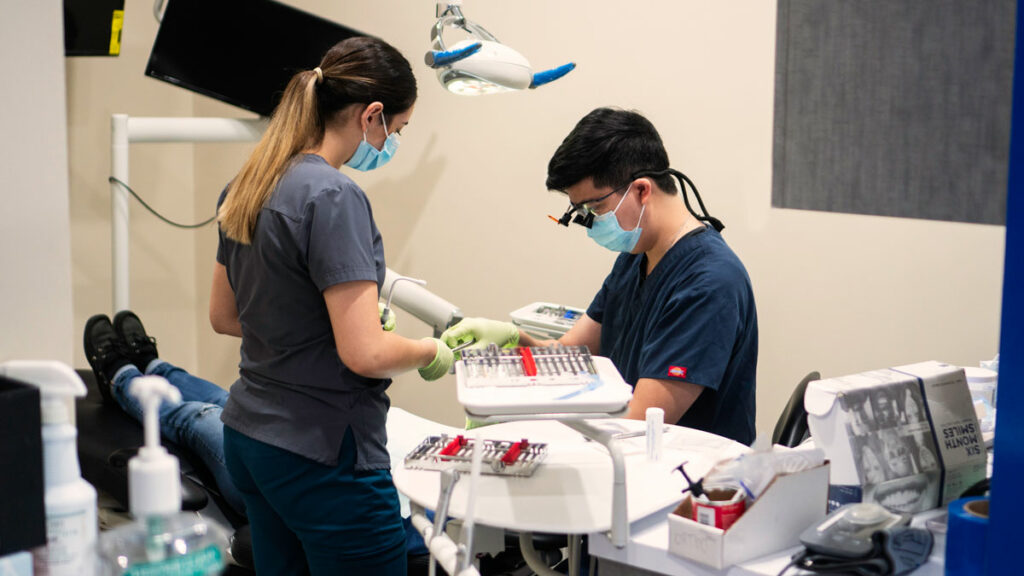
Different types of dental crowns are present with different materials such as metal, zirconia, porcelain, resins, and many more. Some people are allergic to a few metals, particularly the metal crown. If you choose your metal crown without an allergy test, you may find itchy and inflation sensations after the treatment. So you should consult your dentist correctly before taking the treatment.
Gum Irritation or Recession
When you first wear a dental crown, it may irritate your gums and even increase the risk of gum recession. Irritation may arise because the crown material acquires just above the gums and rub them.
Gums irritation increases the chance of gum disease, particularly when you do not maintain your mouth health and hygiene. Due to this, your gums may start receding and exposes the tooth roots.
Conclusion
The best prevention of tooth complications is to get your treatment from an authentic and experienced Emergency Dentist Open Now, And follow instructions afterward carefully. Walk In Dental Clinic Near Me will help you with post-treatment complications.
Article Source : https://www.earticlesource.com/what-are-the-potential-complications-with-dental-crowns/
